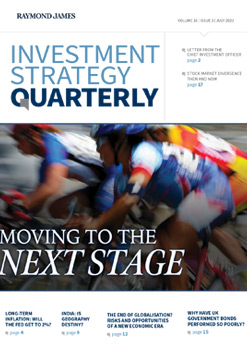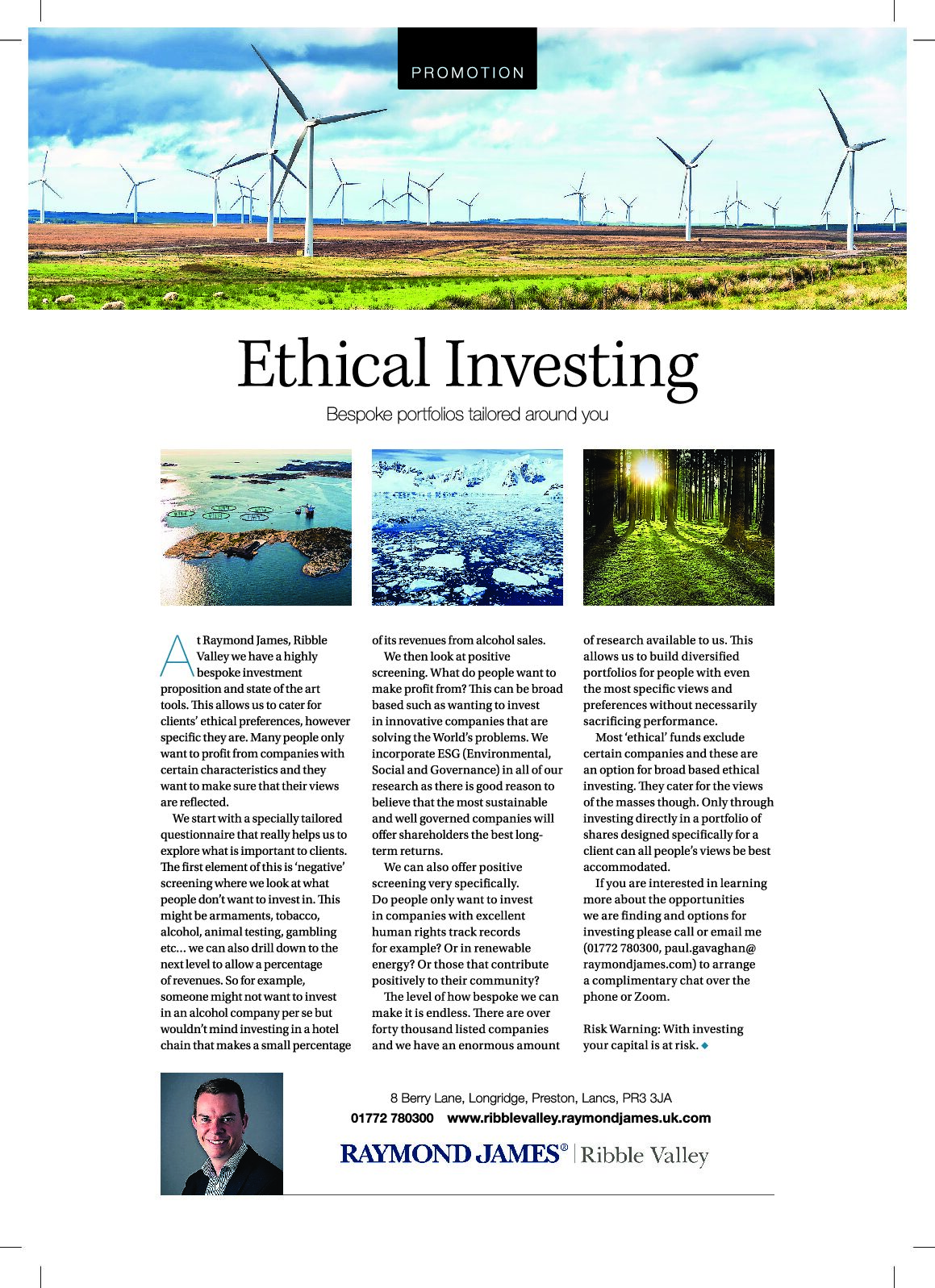This year marks the 110th edition of the Tour de France, the most prestigious bicycle race in the world. And like the markets, the Tour is always challenging—and evolving. The three-week, grueling 2,200+ mile route changes every year and, surprisingly, starts in different countries—this year in Spain versus the UK, the Netherlands, Germany, Belgium,...
Continue readingMarket madness – Be selective, advises Paul Gavaghan of Raymond James
Whilst there are still pockets of great opportunity across the globe, the past few weeks have also seen crazy price rises of some stocks as investors have rushed to join the herds buying certain technology stocks indiscriminately. Given the backdrop of a Western World with low interest rates and a pandemic that is highly...
Continue readingWhich way next for markets?
After global markets stumbled to their worst quarter since 1987 in Q1, we have now seen a meaningful bounce in many equity markets from March lows and there are now good arguments for both sides which way they will turn next....
Continue readingEthical Investing – Bespoke portfolios tailored around you
At Raymond James, Ribble Valley we have a highly bespoke investment proposition and state of the art tools. This allows us to cater for clients’ ethical preferences, however specific they are. Many people only want to profit from companies with certain characteristics and they want to make sure that their views are reflected. We...
Continue readingMaking wise investment decisions in perilous times
As the virus spreads through the World, fear has reigned, global stock markets have plummeted and the UK’s leading market stumbled its worst quarter since 1987. We pride ourselves that in times of volatility and crashes, when many advisers head for the hills, we are there to support and reassure our clients every step...
Continue readingThe Power of Dividends
Where can I double my money this week?’ and ‘Are there any ten baggers around?’ are common questions aimed at anyone working in investment. I hate to be a bore, but I explain such returns mean taking levels of risk similar to those in bookies. So, if not trying to shoot the lights out...
Continue readingA tale of two decades
It is fair to say that at the end of the decade the World is a very different place than it started. In terms of assets a dollar worth of bitcoin at the turn of the last decade is now worth over $90,000, whereas a dollar of the Myanmar Kyat is worth just $0.004...
Continue readingMegatrend Investing
A megatrend is a driving force of the transformation and development of the human race. Looking at past megatrends helps us understand our present, the identification of ongoing trends gives us the means to anticipate what our future might look like. From an investment perspective, this is extremely powerful. We ask ourselves- in this...
Continue readingThe demise of Neil Woodford
Neil Woodford CBE was lauded by the BBC in 2015 as “The man who cannot stop making money”. Once Known as “Britain’s Warren Buffet”, his career now lies in tatters with his face strewn over the tabloids almost daily, accompanied by disparaging headlines....
Continue readingThe Tax Man cometh… and he’s quite interested in your pension!
When it was introduced in 2006, the Lifetime Allowance (LTA) limit was only supposed to affect a very small number of pension investors. That it now raises £110m a year for HMRC, affects over 2,400 people and is rising at an eyewatering rate may encourage you to check your own pension provision....
Continue reading









